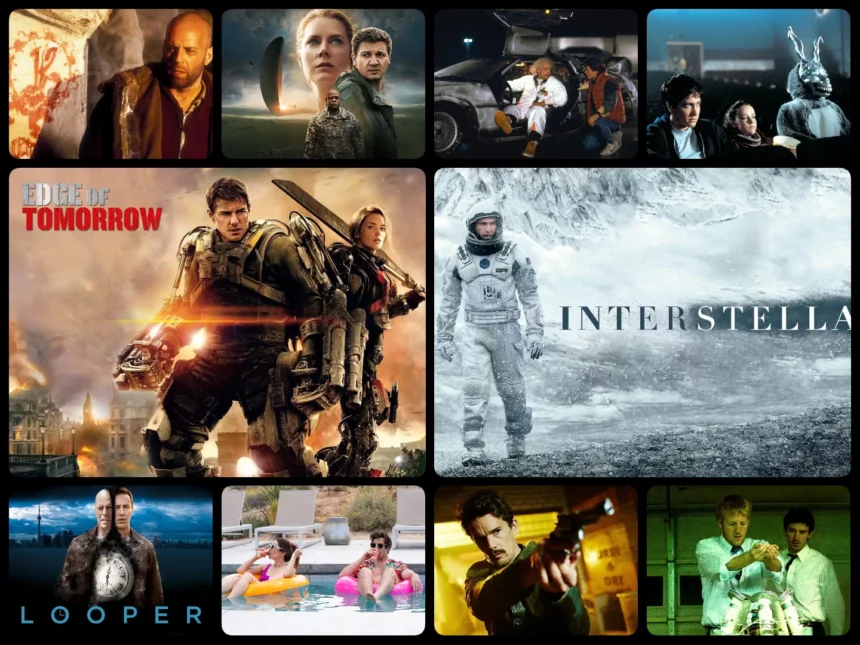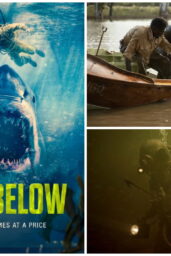Time travel has long captivated audiences in sci-fi cinema, offering complex narratives that challenge our perception of reality. While some films approach the topic with scientific rigor, others blend philosophical themes to explore time's paradoxes and consequences. Here are ten movies that successfully captured the intricacies of time travel, according to experts and enthusiasts alike.
“Interstellar” (2014)
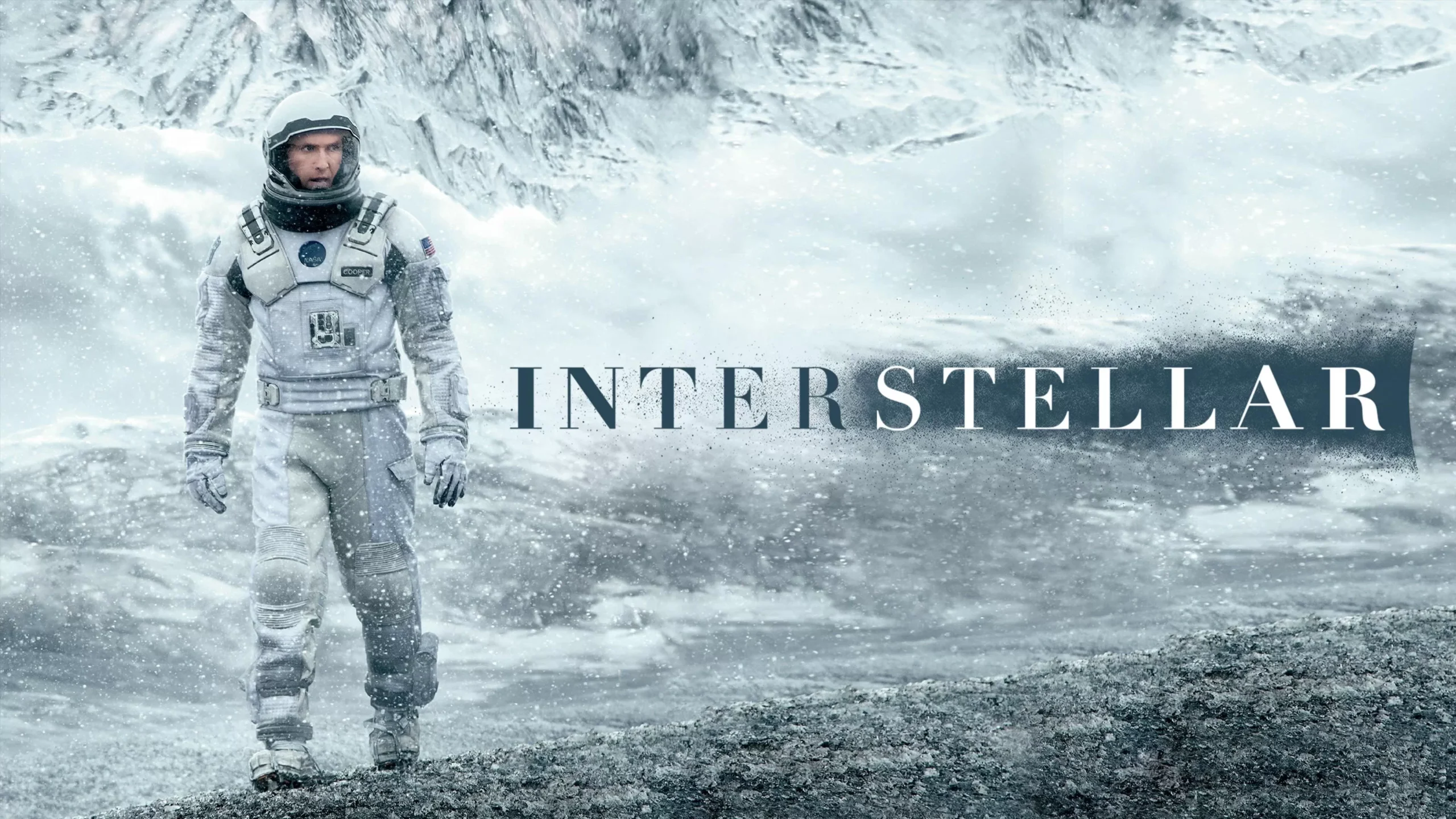
Directed by Christopher Nolan, Interstellar explores the concept of time dilation through the lens of general relativity. When a team of astronauts ventures near a black hole, time slows dramatically for them compared to Earth. The film's scientific advisor, Kip Thorne, ensured the portrayal was as accurate as possible, bridging the gap between complex astrophysics and cinematic storytelling.
“Looper” (2012)
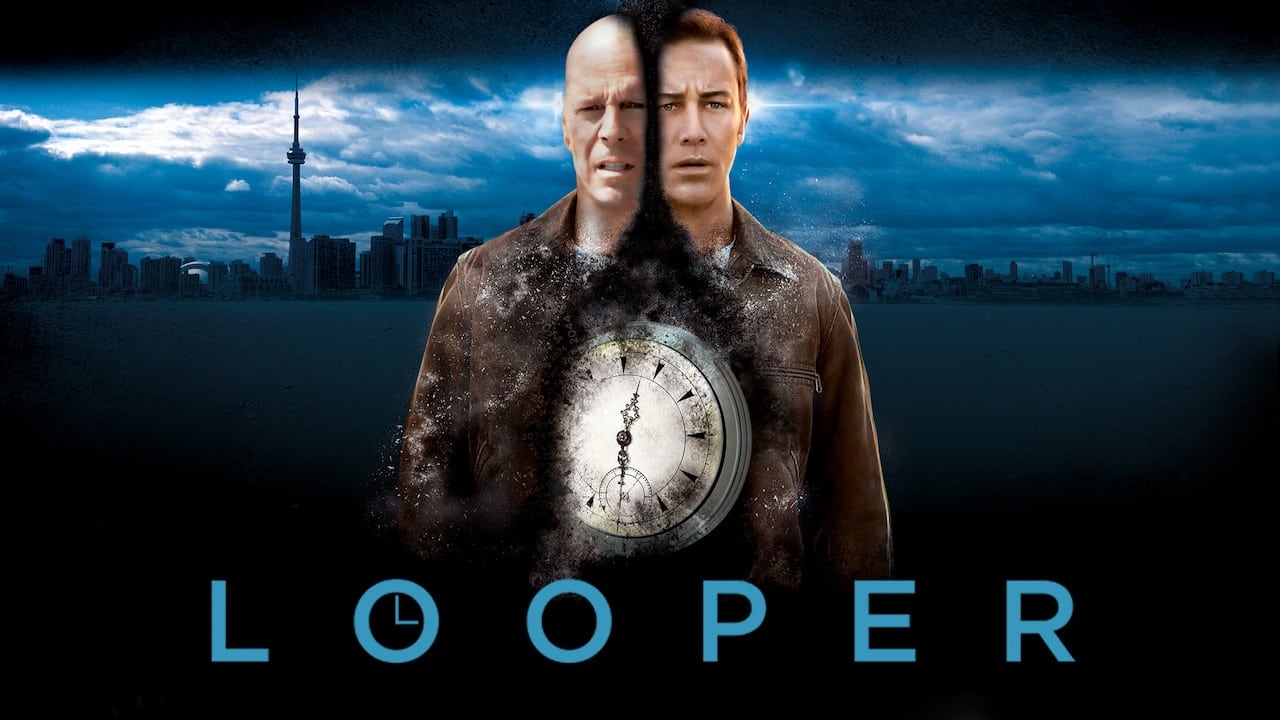
Rian Johnson's film presents a dystopian future where hitmen, known as “loopers,” eliminate targets sent back in time. It dives into the moral and existential issues surrounding time travel, addressing the consequences of meeting one's future self. While the mechanics are not scientifically accurate, Looper raises intriguing questions about determinism and free will.
“Edge of Tomorrow” (2014)

Starring Tom Cruise and Emily Blunt, this film employs a time-loop concept where the protagonist relives the same day repeatedly. The repetitive cycle serves not just as a plot device but also as a means to explore character development, adapting the narrative in each iteration to keep it engaging and suspenseful.
“Primer” (2004)
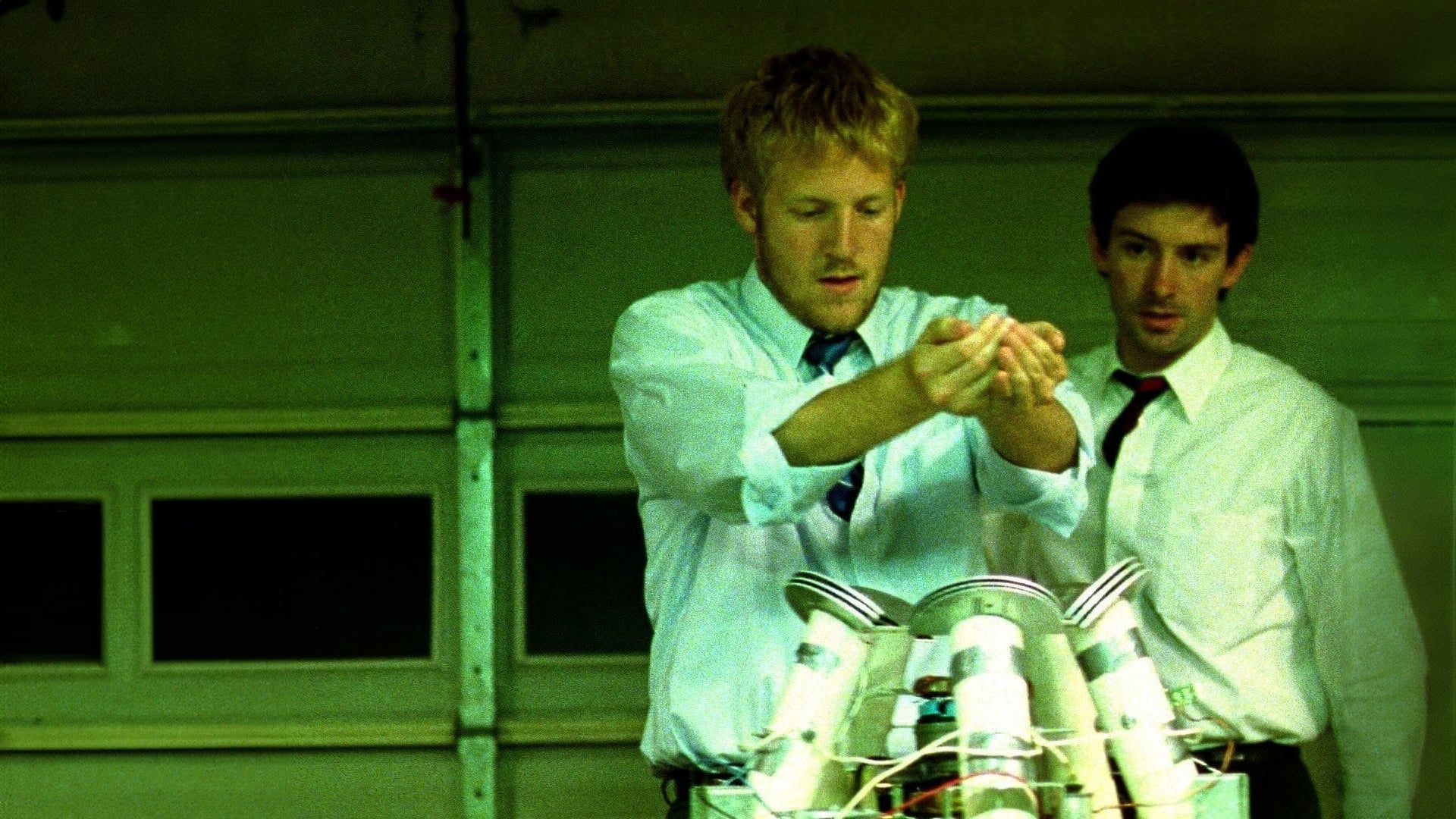
This indie film, directed by Shane Carruth, is praised for its realistic and intricate approach to time travel. The story revolves around two engineers who accidentally discover time travel, leading to increasingly complex timelines and ethical dilemmas. It's known for its dense plot and attention to causality, making it a favorite among hardcore sci-fi enthusiasts.
“12 Monkeys” (1995)
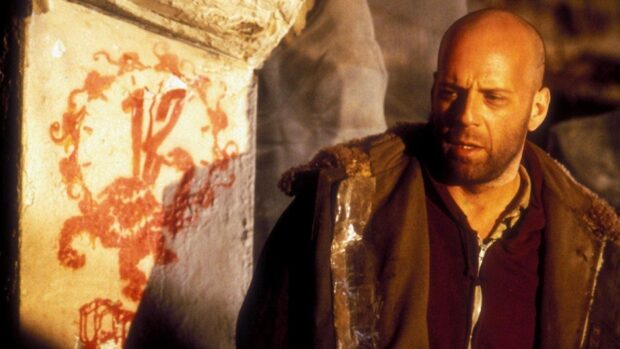
Terry Gilliam's adaptation follows a convict (Bruce Willis) sent back in time to prevent a pandemic. The film emphasizes the psychological toll and ambiguity of time travel, where memory and perception become unreliable. Its layered storytelling offers a compelling look at how past, present, and future intertwine.
“Donnie Darko” (2001)
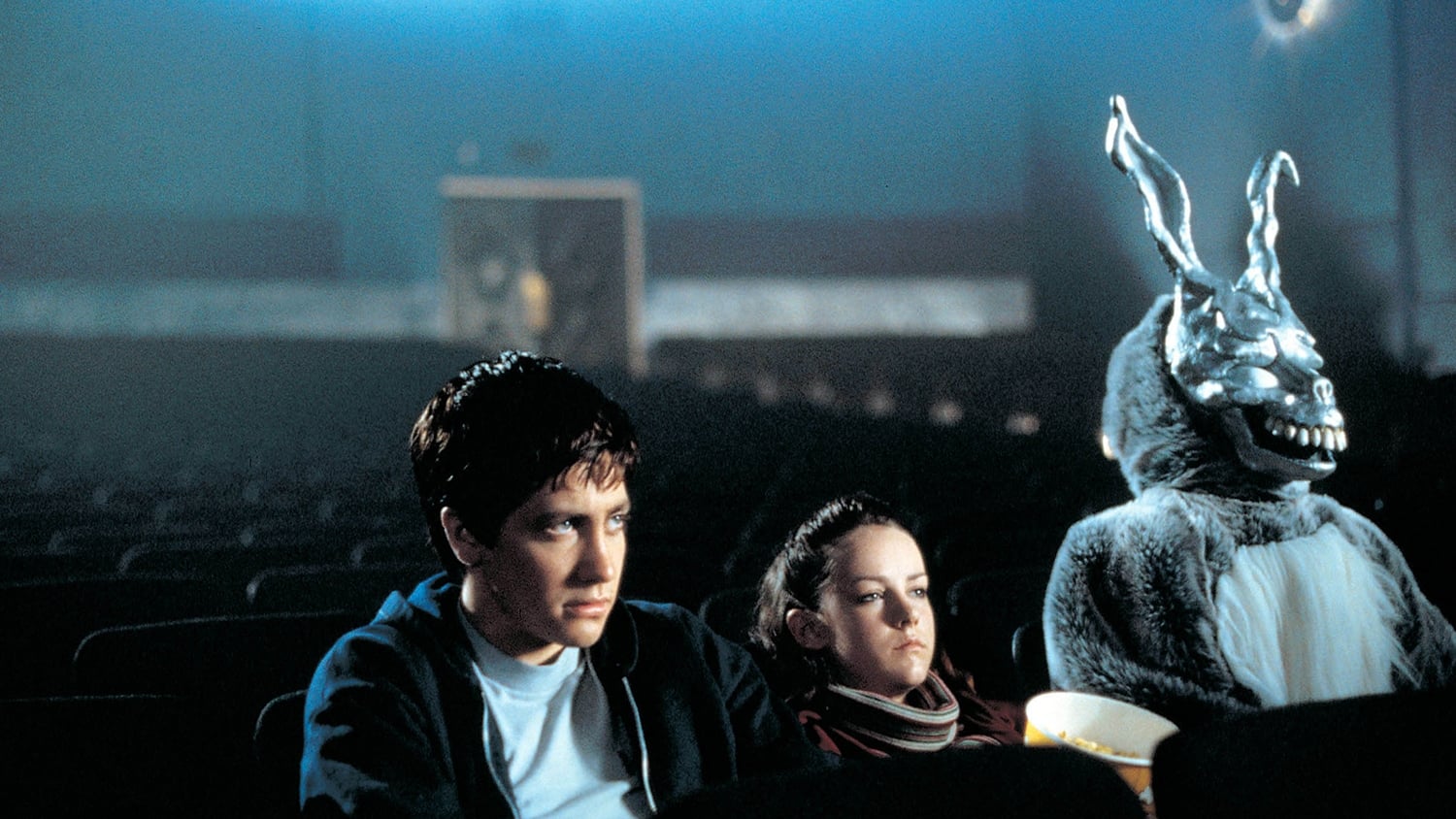
This cult classic blends quantum theory and metaphysics, centering on a troubled teenager who experiences visions and explores alternate timelines. The film's exploration of fate and existential dread resonates with audiences, even if its time travel mechanics remain more philosophical than scientific.
“Arrival” (2016)
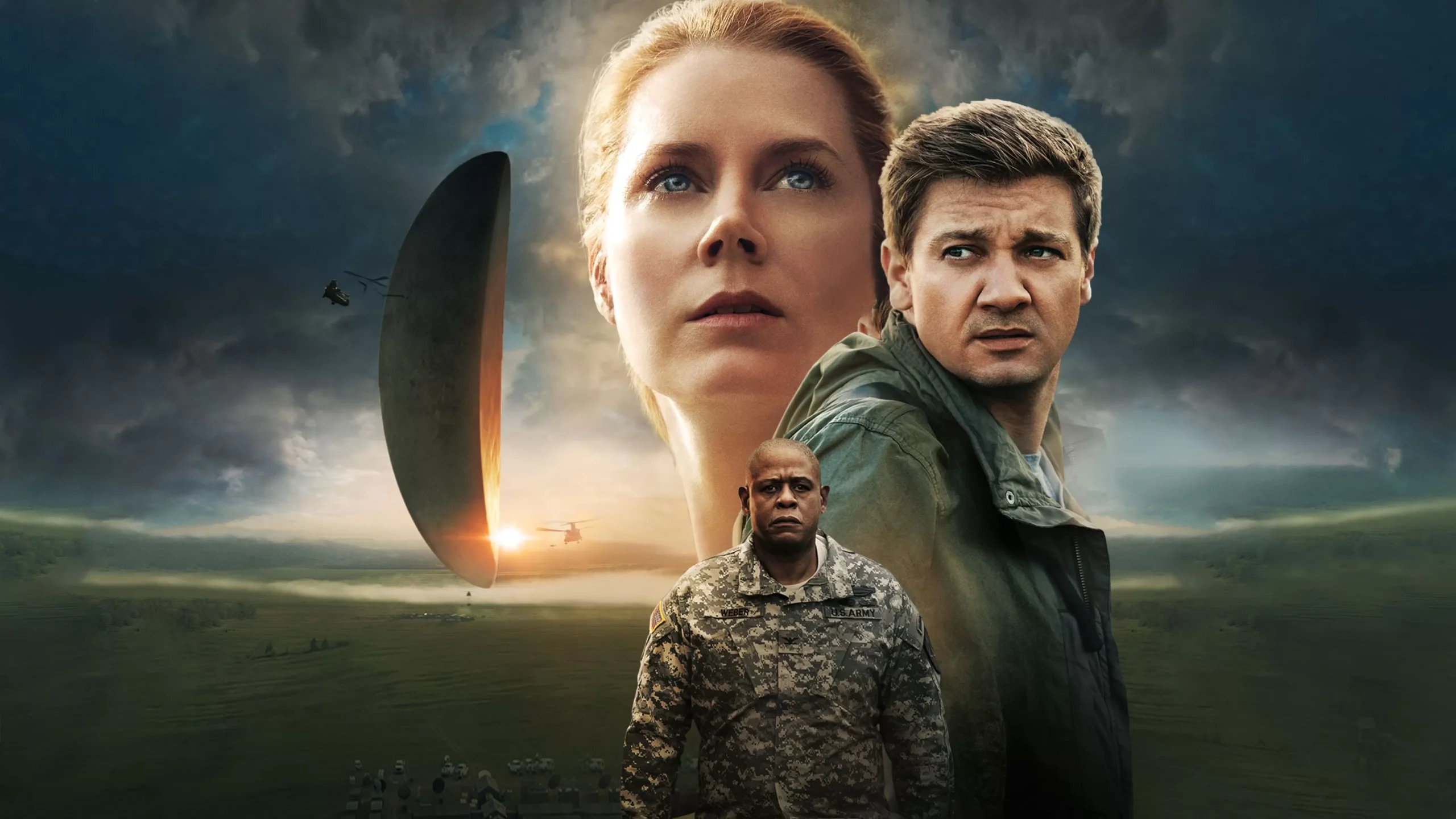
Rather than conventional time travel, Arrival uses the idea of linguistic relativity to suggest that language can alter one's perception of time. As a linguist learns to communicate with aliens, she starts to experience time non-linearly, prompting questions about memory and destiny.
“Back to the Future” (1985)
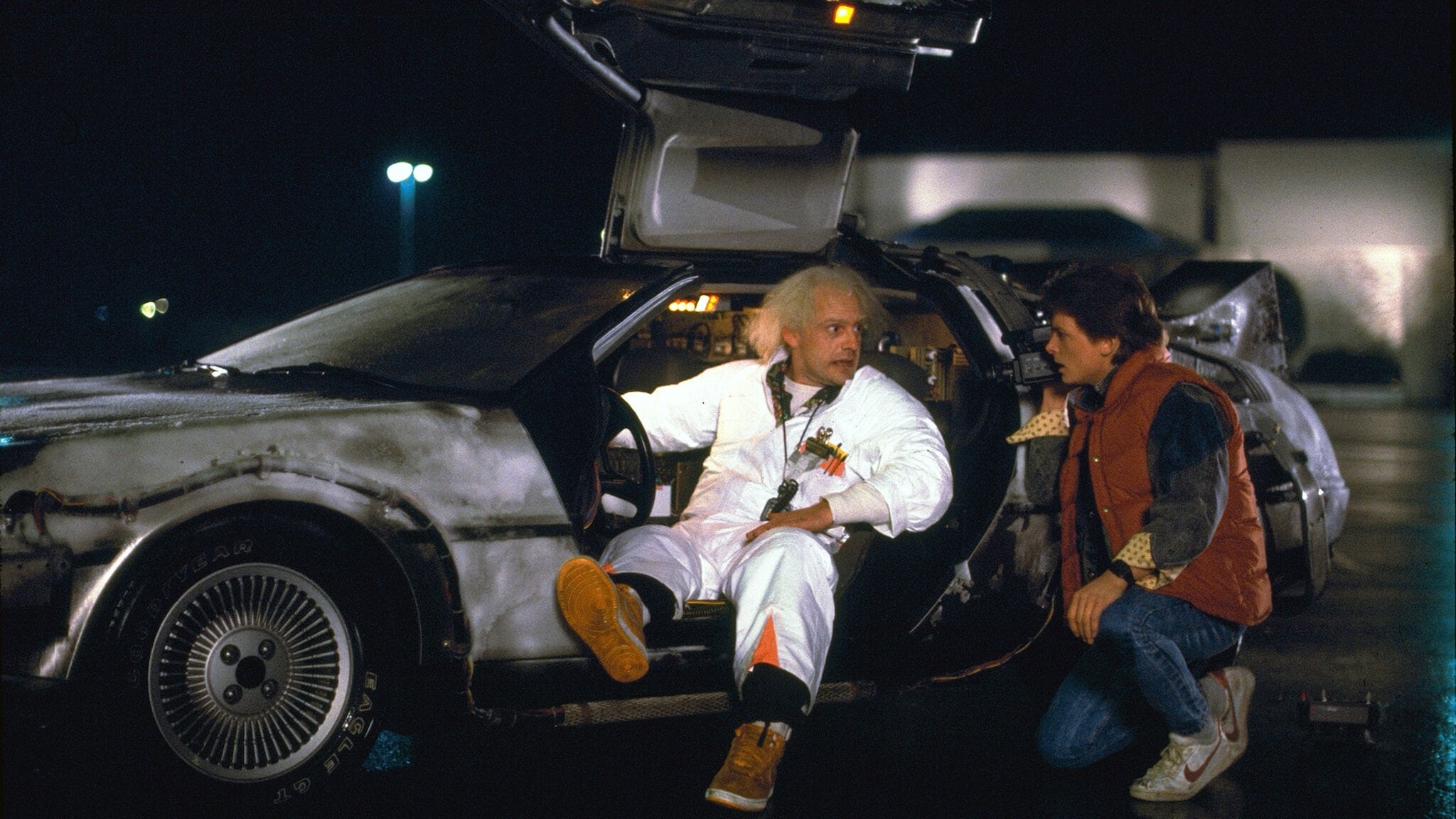
While it's not scientifically rigorous, Back to the Future popularized the concept of altering history through time travel. Its entertaining approach to causality and alternate realities set the standard for time-travel narratives in pop culture.
“Palm Springs” (2020)

This modern twist on the time-loop genre sees two characters reliving the same day together. While rooted in comedy, the film explores themes of existentialism, choice, and acceptance within the constraints of repeated time.
“Predestination” (2014)
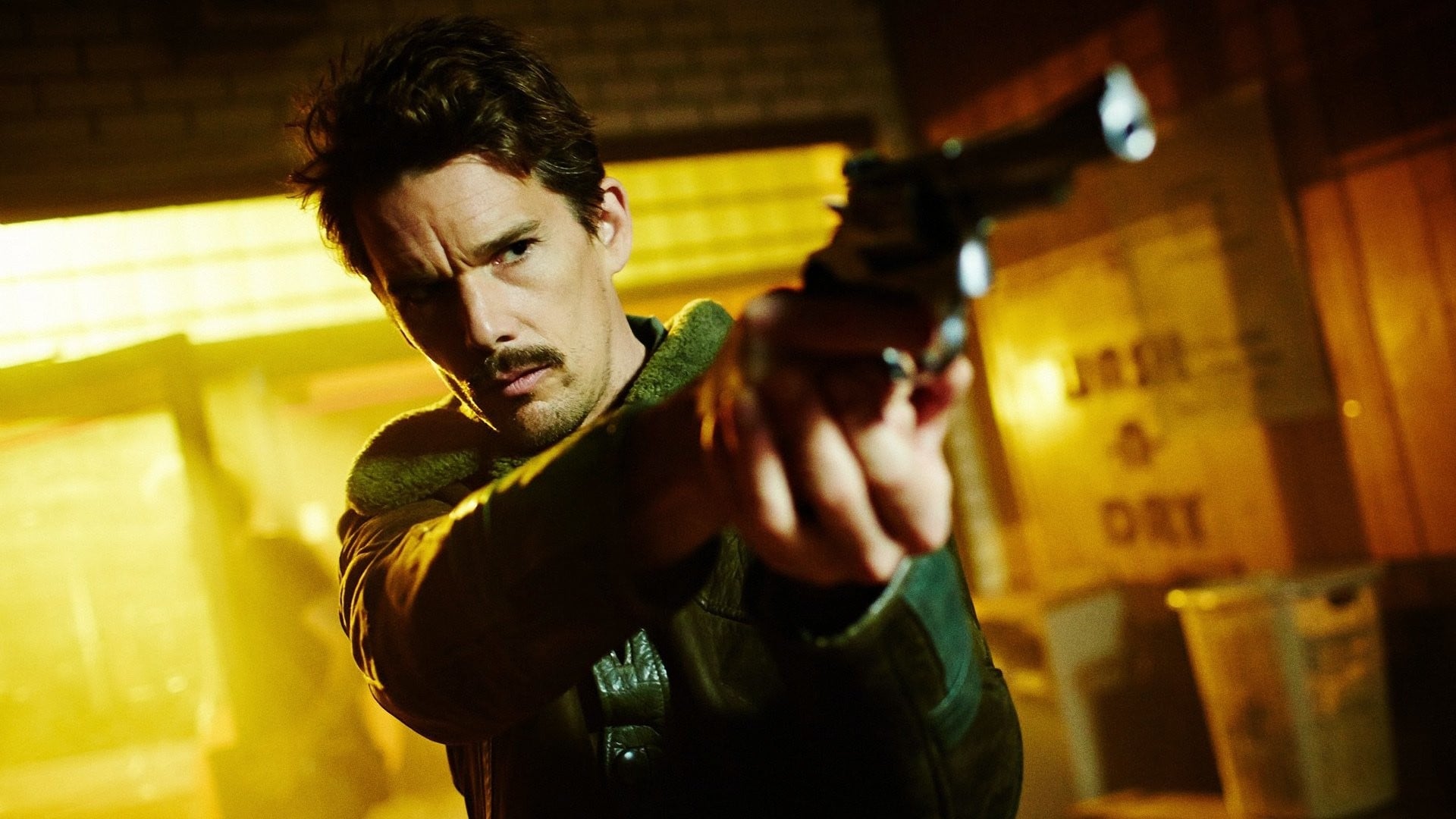
Adapted from a short story by Robert A. Heinlein, the film tackles the predestination paradox by following a temporal agent on a complex mission. The plot explores identity, fate, and self-fulfilling prophecies in a way that challenges viewers to question the nature of time.
These films stand out for their unique approaches, whether through scientific accuracy, philosophical depth, or innovative storytelling. Their varied depictions of time travel continue to spark debates among fans and scholars about what makes time travel “right” in cinema.
The selection of films shows how time travel can be used as a narrative device to explore not just science, but human nature and morality. Movies like Interstellar and Primer appeal to those seeking scientific realism, while Donnie Darko and Predestination cater to viewers interested in metaphysical questions. Each film's take on time travel highlights different facets—whether it's the scientific implications, psychological effects, or ethical concerns—making this genre both versatile and thought-provoking. The blend of realism and creative license in these films ensures they remain compelling and relevant over time.
Which time-travel movie do you think best balances science and storytelling? Share your thoughts!

